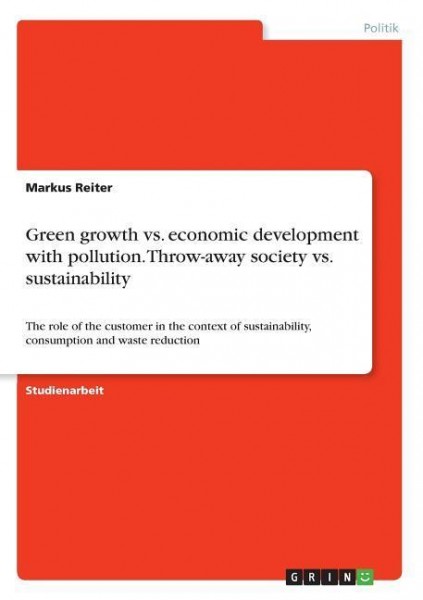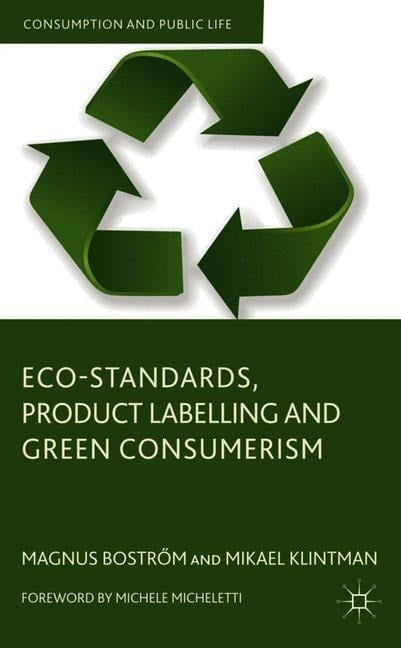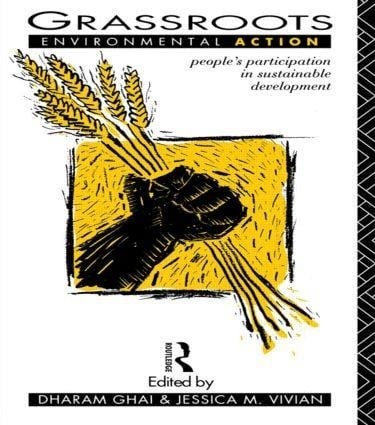
Green growth vs. economic development with pollution. Throw-away society vs. sustainability
Kurzinformation
inkl. MwSt. Versandinformationen
Artikel zZt. nicht lieferbar
Artikel zZt. nicht lieferbar

Beschreibung
Studienarbeit aus dem Jahr 2016 im Fachbereich Politik - Internationale Politik - Klima- und Umweltpolitik, Note: 1,3, , Sprache: Deutsch, Abstract: This paper will focus on the role of the customer in the context of sustainability, consumption and waste reduction. Climate change is real and everybody can do something. When thinking about pollution, one might think about the "big polluters" (Griffiths, 2016). And indeed, most of literature focuses on the role of the industry and their impact on climate pollution. But, we cannot deny the fact that the customer should also do something. We can see the importance of the customer when looking at the economic formula for the equilibrium level of national income: Y = C+ I+ G+ (X-M). The letter C stands for domestic household consumption of goods and services, I stands for domestic real investment, G for government spendings on goods and services and (X-M) stands for exports minus imports of goods and services. This formular represents the aggregate demand function. As we can see in this formular, consumption plays a crucial role in economy. Another part of facing climate change is to focus on the aspect of sustainability. Figure 1 shows the triangle of sustainability. Sustainability affects economic, environmental and socio-cultural issues. In this theses we would like to combine sustainability and the consumer side of view. The goal of our paper is to analyze the different areas, where goods are consumed and how waste can be reduced in this areas. von Reiter, Markus
Produktdetails

So garantieren wir Dir zu jeder Zeit Premiumqualität.
Über den Autor

- Hardcover
- 247 Seiten
- Erschienen 2008
- SPRINGER NATURE

- Hardcover
- 200 Seiten
- Erschienen 2021
- Polity

- Hardcover
- 244 Seiten
- Erschienen 2024
- Polity Press

- Taschenbuch
- 368 Seiten
- Erschienen 1995
- Routledge

- Kartoniert
- 346 Seiten
- Erschienen 2020
- transcript Verlag

- Taschenbuch
- 235 Seiten
- Erschienen 2012
- Routledge

- paperback
- 208 Seiten
- Erschienen 2011
- Routledge

- paperback
- 237 Seiten
- Erschienen 2007
- Scriptum

- hardcover
- 548 Seiten
- Erschienen 2014
- Taylor & Francis Ltd

- Gebunden
- 413 Seiten
- Erschienen 2018
- Carl Hanser Verlag GmbH & C...

- Gebunden
- 197 Seiten
- Erschienen 2017
- Springer

- Taschenbuch
- 390 Seiten
- Erschienen 2013
- Oxford University Press

- Gebundene Ausgabe
- 354 Seiten
- Erschienen 2020
- Logos Berlin




 bestellen
bestellen

























